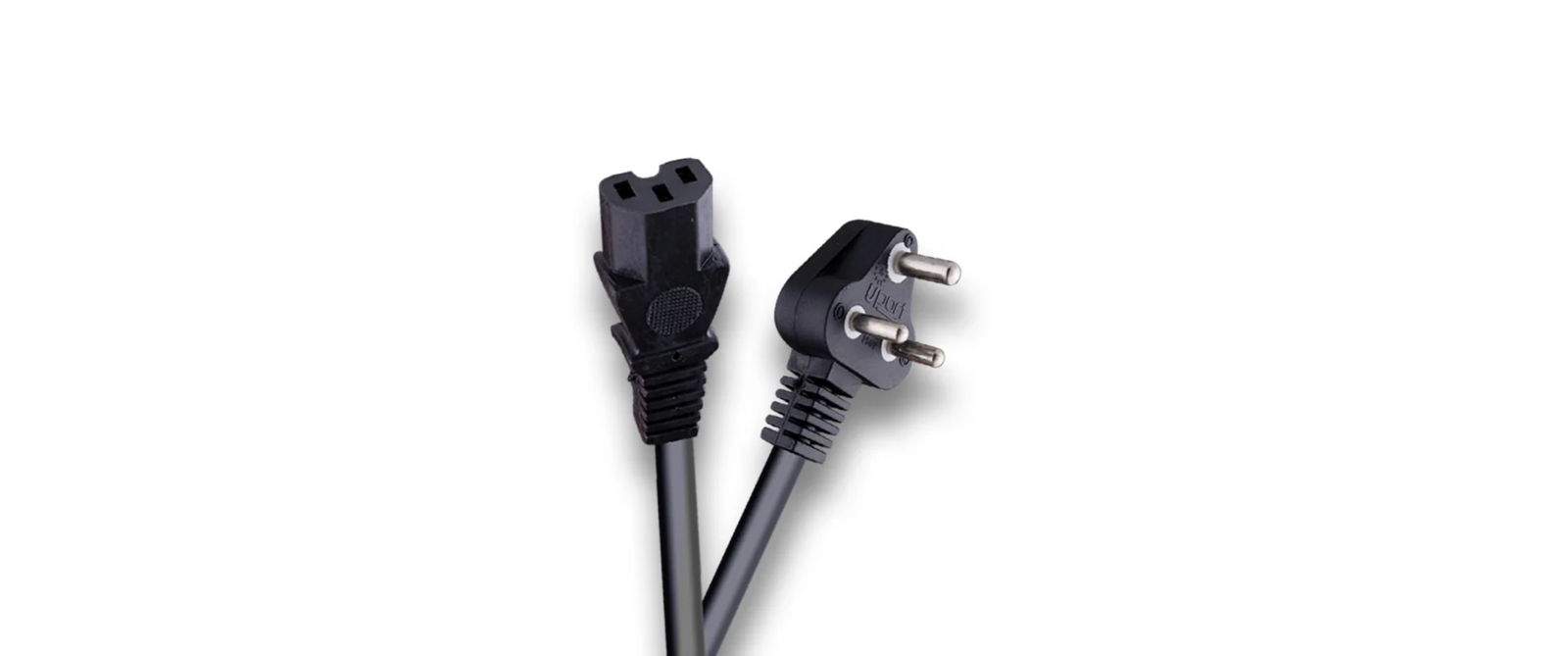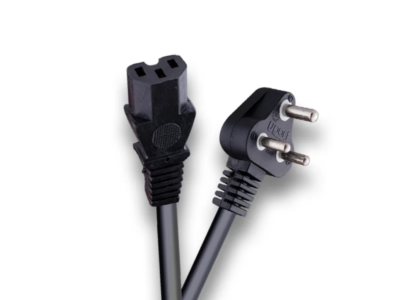Power cords are vital components for laptops, ensuring they receive the necessary electrical supply for operation. However, not all power cords are created equal, and using the wrong one can lead to compatibility issues or even pose safety risks. In this guide, we’ll delve into the considerations you should keep in mind when selecting a power cord for your laptop, ensuring optimal performance and safety.
Understanding Power Cords
A power cord for a laptop, also known as an AC adapter or charger, is responsible for converting AC (alternating current) from a wall outlet into DC (direct current) that the laptop can use. These cords typically consist of two main parts: the AC adapter (often referred to as the power brick) and the detachable cord that plugs into the wall socket.
Can You Use Any Power Cord for Your Laptop?
While it may seem convenient to use any available power cord, it’s crucial to match the specifications recommended by your laptop’s manufacturer. Here are the primary factors to consider:
1. Manufacturer Specifications
Laptop manufacturers specify the voltage output, current rating, connector type, and other requirements for their power cords. Using a power cord that does not meet these specifications can result in:
- Overheating: Incorrect voltage or current levels can cause the laptop or power adapter to overheat, potentially damaging internal components.
- Electrical Damage: Mismatched power cords may lead to electrical surges or spikes, damaging the laptop’s motherboard or other sensitive electronics.
- Safety Hazards: Using an incompatible power cord can pose risks such as electrical shock or fire, especially if the cord is poorly constructed or lacks safety certifications.
2. Compatibility Issues
Different laptops may require different voltages and connector types. For example, some laptops use a barrel connector, while newer models might use USB Type-C connectors for charging. Using the wrong connector type can prevent the laptop from charging or cause intermittent charging issues.
3. Warranty Considerations
Using a non-approved power cord that results in damage to your laptop may void the manufacturer’s warranty. Manufacturers typically recommend using OEM (Original Equipment Manufacturer) power cords to ensure compatibility and uphold warranty coverage.
Factors Influencing Power Cord Compatibility
1. Voltage and Current Ratings
Match the voltage output (e.g., 19V) and current rating (e.g., 3.42A) of the power cord to your laptop’s specifications. The voltage should match exactly, while the current rating can usually be equal to or higher than the laptop’s requirement without issue.
2. Connector Type
Ensure the power cord has the correct connector type that fits snugly into your laptop’s charging port. Common connector types include barrel connectors, USB Type-C, and proprietary connectors specific to certain laptop brands.
3. Regional Standards
Power cords may vary in plug types (e.g., Type A, Type C) depending on your geographical location. Use cords that comply with local electrical standards to ensure compatibility and safety.
Choosing the Right Power Cord
1. OEM vs. Third-Party
OEM power cords recommended by the laptop manufacturer are preferred for ensuring compatibility and safety. Third-party options should be verified for compatibility with your specific laptop model and certified for safety standards.
2. Length and Flexibility
Consider the length of the power cord based on your workspace or travel needs. Longer cords provide more flexibility but may be bulkier to carry around.
Conclusion
In conclusion, while it may be tempting to use any available power cord for your laptop, it’s essential to prioritize safety and compatibility. Always refer to your laptop manufacturer’s specifications and recommendations for the correct power cord to avoid potential damage, ensure optimal performance, and maintain warranty coverage. By choosing the right power cord that meets these criteria, you can confidently power your laptop while minimizing risks.



